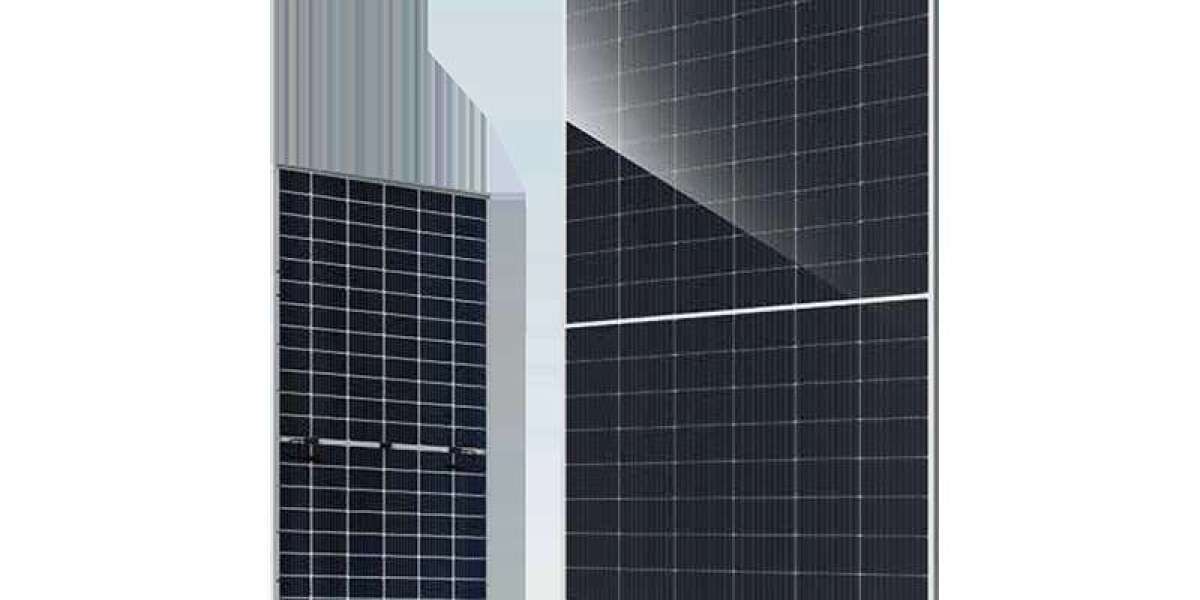The widespread use of PV panels represents a significant step toward cleaner energy production. Unlike fossil fuel power plants, operating PV panels produce no air pollution or greenhouse gas emissions. This clean energy characteristic makes PV panel technology a crucial tool in combating climate change and improving air quality.
The manufacturing process for PV panels does require energy and raw materials, creating an initial environmental footprint. However, most PV panels recoup this embodied energy within 2-4 years of operation, after which they provide decades of clean electricity. Ongoing improvements in PV panel production methods continue to reduce this energy payback period while minimizing waste.
Recycling options for end-of-life PV panels are developing alongside the growing solar industry. Modern PV panels contain valuable materials like silicon, silver, and aluminum that can be recovered and reused. Specialized recycling facilities can process PV panels to reclaim up to 95% of their materials, reducing the need for new resource extraction.
Large-scale PV panel installations can have land use implications, but innovative solutions are emerging. Dual-use solar farms that combine PV panels with agriculture (agrivoltaics) allow land to produce both food and energy. Floating PV panel arrays on reservoirs and ponds conserve land while reducing water evaporation. Rooftop PV panel installations make use of existing structures without requiring additional land.
As PV panel technology continues to advance, its environmental benefits are expected to grow. More efficient PV panels mean less material is needed per watt of capacity, while longer lifespans reduce replacement frequency. These improvements, combined with responsible end-of-life management, position PV panels as a sustainable energy solution for the future.








